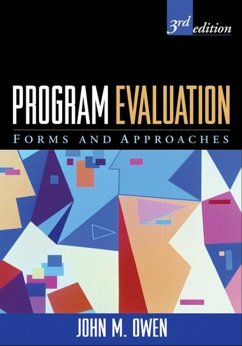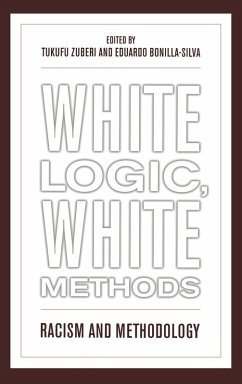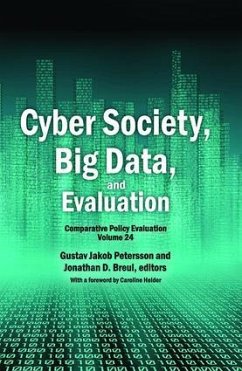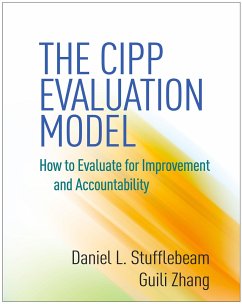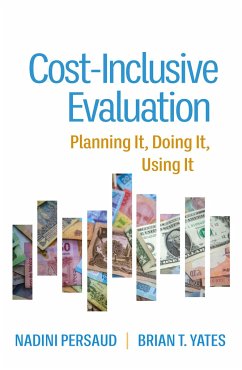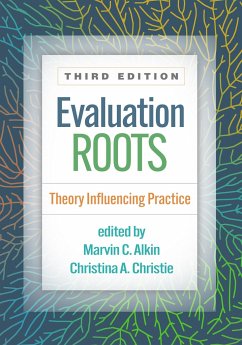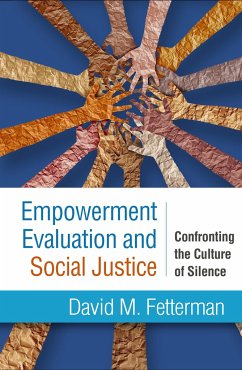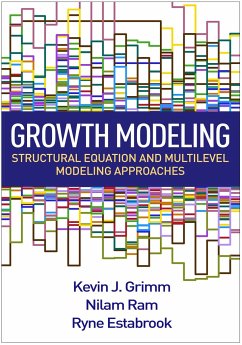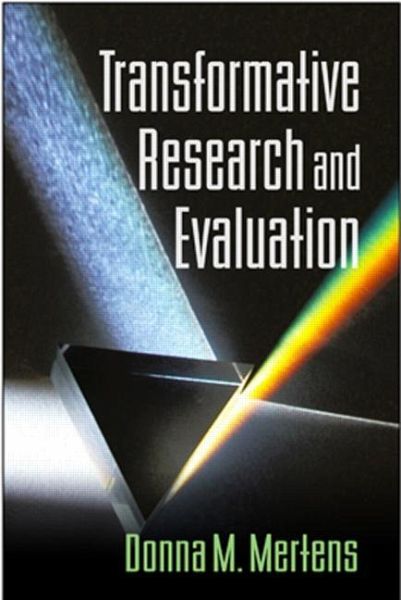
Donna M Mertens
Gebundenes Buch
Transformative Research and Evaluation
Versandkostenfrei!
Versandfertig in über 4 Wochen

PAYBACK Punkte
44 °P sammeln!




From distinguished scholar Donna M. Mertens, this book provides a framework for making methodological decisions and conducting research and evaluations that promote social justice. The transformative paradigm has emerged from&
Donna M. Mertens, PhD, is Professor Emeritus in the Department of Educational Foundations and Research at Gallaudet University. She continues to pursue an active professional life, consulting about evaluations across the globe and, of course, writing about methodological issues and social justice. A past president of the American Evaluation Association (AEA), Dr. Mertens has received AEA's highest honors for service to the organization and the field, as well as for her contributions to evaluation theory. In 2025, she received the inaugural TEI Social Betterment Award from The Evaluators' Institute. She is the author of several books and is widely published in major professional journals.
Produktdetails
- Verlag: Guilford Publications
- Seitenzahl: 402
- Erscheinungstermin: 29. Oktober 2008
- Englisch
- Abmessung: 233mm x 162mm x 33mm
- Gewicht: 676g
- ISBN-13: 9781593859855
- ISBN-10: 1593859856
- Artikelnr.: 23600082
Herstellerkennzeichnung
Libri GmbH
Europaallee 1
36244 Bad Hersfeld
gpsr@libri.de
Für dieses Produkt wurde noch keine Bewertung abgegeben. Wir würden uns sehr freuen, wenn du die erste Bewertung schreibst!
Eine Bewertung schreiben
Eine Bewertung schreiben
Andere Kunden interessierten sich für


